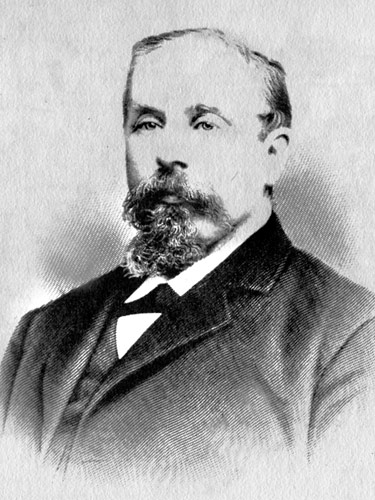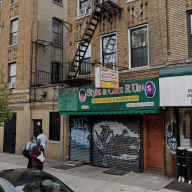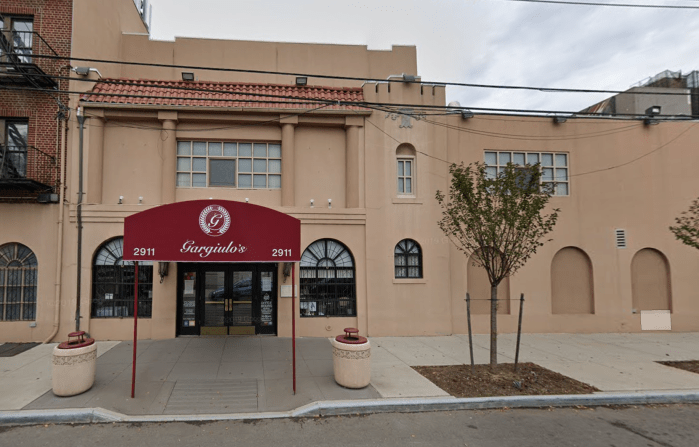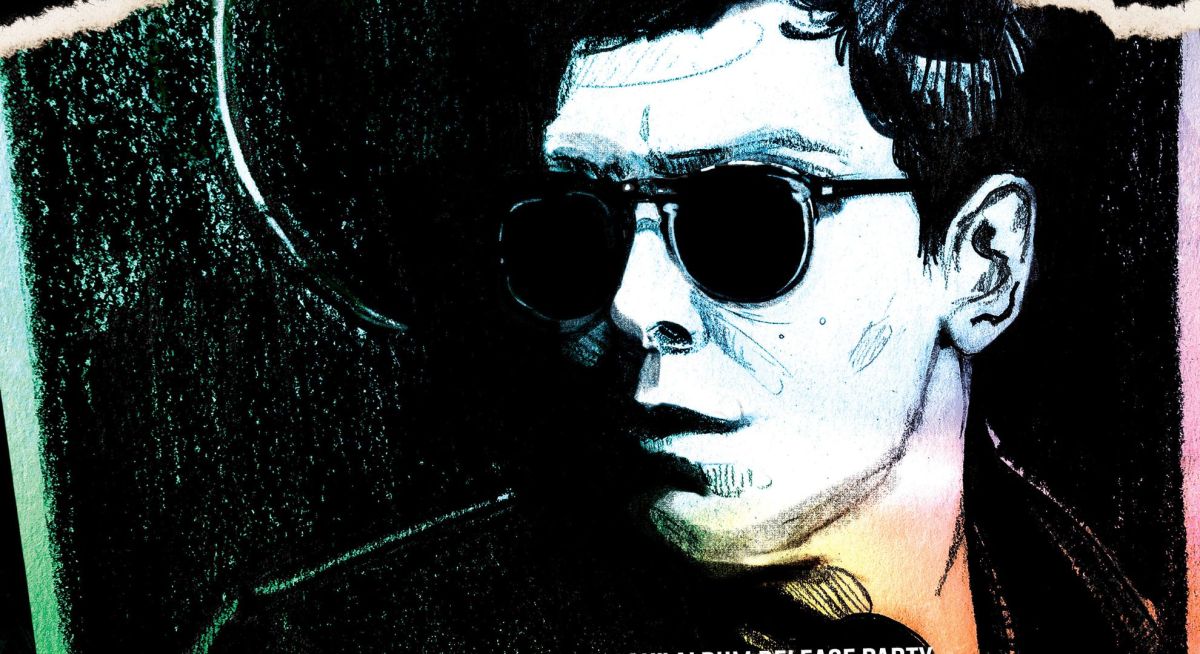Coney Island has always been the People’s Playground, a carnival by the sea removed from the stresses and strains of city life, where the working man can wonder in the spectacle and thrill of the Wonder Wheel, shriek in the face of a mutated freak (or shoot one with paint), or take a dip in glistening lower New York Bay — all for what amounts to pocket change.
But few know that for a time, fortunes were won there — and we’re not talking that big stuffed red dog you took home last week for your niece. We’re talking about the kinds of fortunes that can only be gained at the blackjack table or the roulette wheel, or by tugging on one of those one-armed bandits.
And that fortune belonged to John McKane.
You see, in the late 1800s, before landfills and bureaucrats made Coney part of Brooklyn (both officially and physically), McKane ruled Surf Avenue with an iron fist, and he lined his pockets with cash earned one bet at a time.
McKane, who began his career as constable of Gravesend, and rose to become the town commissioner, was Coney Island’s version of Nucky Johnson, the crooked patriarch of Atlantic City and inspiration for the character played by Park Slope’s Steve Buscemi on the HBO series “Boardwalk Empire.”
Back in those halcyon days before government intervention, when men were men and they didn’t need to be told how to live their lives by some faceless, meddling state, gambling was legal. And in Coney, McKane got a piece of all the action.
“Nobody operated in Coney Island unless he got a cut,” said Charles Denson, author of “Coney Island: Lost and Found.” “He was really a dictator.”
Back then, Brighton Beach — which was part of Coney, sitting off the shore of greater Long Island — was home to race tracks, and across the creek, a red-light district in nearby Gravesend called “the Gut” that was a mecca for gambling parlors and opium dens off which politicos like McKane grew fat.
And under McKane, they thrived — to his benefit. In the days before big-time casinos were simply subsidiaries of giant corporations headquartered in Boca Raton, the boss ensured that he got a piece of gambling and its side effects — illegal money-makers like prostitution — by making sure his boys were in charge of everything.
“The race tracks were carefully regulated,” said Denson. “But McKane was good at running out the legitimate people.”
Fittingly, the crooked boss became the chief of police for Coney, and patrolled the Boardwalk with a billy club, collecting kickbacks from ring toss concessions and granting gambling and saloon licenses to dirtbags who fled Manhattan after Boss Tweed’s corrupt empire collapsed.
But like all great, corrupt politicians, his reign ultimately came to an end. He was convicted of corruption in 1894 and, a decade-and-a-half later, gambling was outlawed in almost every state in the union.
So Brooklyn’s Nucky wasn’t so lucky.
Of course, it wasn’t the last time the idea of turning Coney Island into a gambling Mecca was raised.
In the 1970s, empty city and state coffers had pols and civic leaders clamoring for the kinds of profits that had McKane rolling in cash.
The Coney Island Chamber of Commerce backed a proposal to develop casinos near the Boardwalk, going as far as putting up a banner by the Belt Parkway reading, “Welcome to Coney Island, the perfect resort for casino gambling.”
“It was crazy,” realtor Charles Tesoro told Denson in his book. “Limousines would pull up with guys coming up to the office from Las Vegas, in silk suits, saying, ‘Sell to us now, we wanna get in!’ It was like the gold rush.”
Property values soared for a brief time on the hopes that the initiative would pass, but the fire burned out when those meddlers in Albany put the kibosh on the plan.
Now, pols are again looking to roll the dice down the Boardwalk for the promise of quick cash to revive a stalled economy — and this time, it could really happen.
Borough President Markowitz said last week that Coney Island is “a natural” for casino gambling after Gov. Cuomo announced he would fight to make table gambling legal once again.
And it looks like he could have the backing in the legislature.
Could the People’s Playground become the next gambling boomtown, like it was in the days of Boss McKane?
What are the odds?

























